Top
Back
Forth
Causality
we need to understand it in order to understand mental representations
First: does Causality Exist at All? Is it important?
Two relevant steps:
(1) Dismissal of causality as
- not scientific
- metaphysical
- unnecessary (replaced by determinism and math.
dependence or function)
Notable names: D. Hume and B. Russell
(2) Rediscovery of causality
Notable names: I. Hacking and J. Pearl
A recent convert, Judea Pearl (2000) says:
(Unlike philosophy, science has never been Humean or Russellian.)
"Fortunately, very few physicists paid attention to Russell's enigma.
They continued to write equations in the office
and talk cause-effect in the cafeteria; with astonishing success they smashed
the atom, invented the transistor and
the laser." (p.338)
Pearl, J. (2000). Causality: Models, reasoning, and inference.
Cambridge, UK: Cambridge University Press.
Second: What is Causality?
(a) Counterfactual
Theory
(Lewis theory, Bayesianism, Reichenbach principle, etc)
(no good)
(b) Alternate conceptions: causality as activity. Two
somewhat similar conceptions are the
manipulability notion (von Wright, H. Price
etc.) "No causation without manipulation".
Only way to be sure that a co-dependence
between events is causal if results from own action, i.e. we
do it .
An anthropomorphic conception.
experimental notion (I. Hacking)
"It was I. Hacking (and, low and behold,
B. Latour) who did the most in order to dissect the myth that science equals
theory,
especially if the latter is understood in
the sense of the Vienna Circle as a set of propositions or statements that
can be true or
false, and that is all there is. Hacking makes
it clear that nothing in science works without being embedded inseparably
in a
melange, of which Nature is a silent, fundamental,
component. Hacking's focus is on experiment and its role in the
questions of realism about theoretical entities.
"Nothing in science exists unless you can (indirectly)
manipulate something else by it."
That is, causality and actions are (not metaphysical wishi-washi
but) primary parts of nature,
indispensable for
- science, but also for
- learning
-
mental pictures (as parts of the language game)
-
situations (where action gives coherence, origin of narratives!)
More about these in the
second lecture.
Causality and Depth (Main Point)
This will be an elaboration of the experimental notion of causality.
Causality is more than the co-dependence of events.
- It is based on a (modal) unity of several
such co-dependencies.
- This unity links the various variables related
to the respective co-dependency patterns.
Explanation:
- causality is an "integrative" property in the sense that, if
a relation is causal, then there are several other causal relations
that come together with it
Therefore,
- it's not any kind of dependence pattern that makes
something causal
- one causal dependency can be used as an indicator
variable of others within the unity
- the relationship of these many interlinked variables characterizes
a causal system
- so, a causal system is complex in a precise sense
What is an Experiment?
to appreciate power of causality, look into the meaning of "experiment"
as an example
(a) in physics
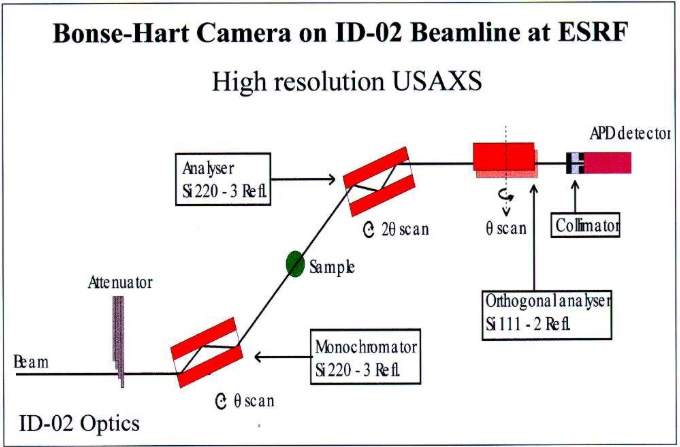
Multiple realization:
(i) one experiment scheme - many possible causal interactions
and experimental settings
(ii) one causal interaction, to be studied - many possible equivalent
experimental schemes
(cf. what does it mean to repeat an experiment: to study
the same interaction differently. No "magic")
(b) example in biochemistry (DNA sequencing)
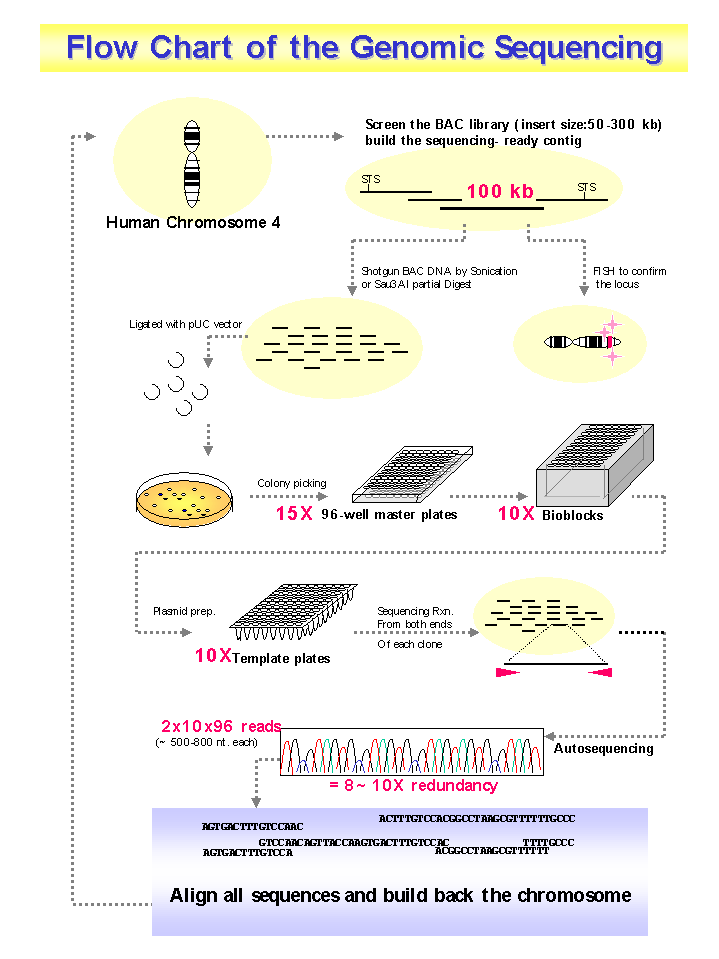
One level, or mode, of a causal interaction is an indicator for all
others.
The meaning of an experiment is that we use complexity, in the
sense of causal depth, for "observing" - in an indirect sense.
Further examples for Causal Depth
Allostery
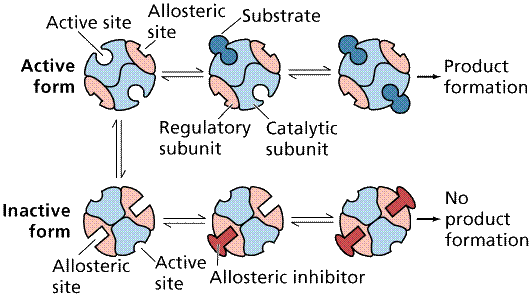
Glycolisis
ATP, ADP, AMP: the energy requirements in form of ATP are a major control
point for glycolysis and gluconeogenesis (see respiratory control). The enzymes
phosphofructokinase and pyruvate kinase are responsive to those nucleotides
where ATP is inhibiting both enzymes (inhibits glycolysis), while ADP and
AMP stimulate phosphofructokinase to promote glucose oxidation. AMP in addition
inhibits fructose-1,6-biphosphatase suppressing gluconeogenesis when the
energy levels in cells are low.
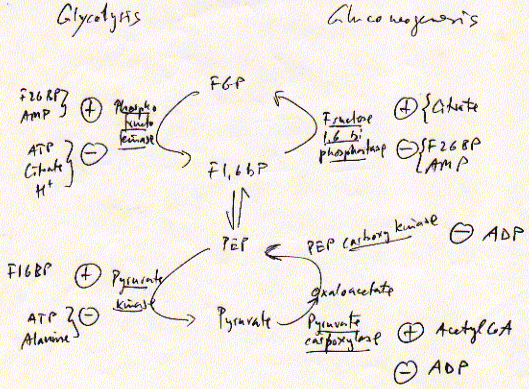 --> real molecules
--> more real molecules
etc.
--> real molecules
--> more real molecules
etc.
More examples...
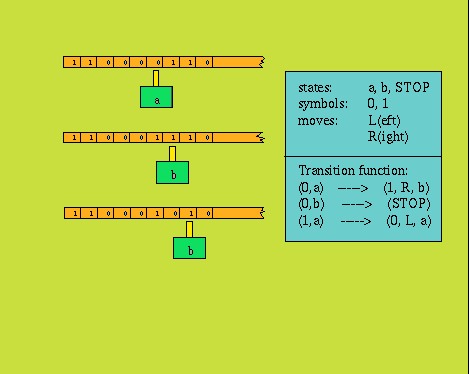 Computation and its causal realization
Computation and its causal realization
transition table: depth one
knot: depth two
physical causality: depth "infinity"


Causality and Mental Content
(The Chemistry of the Mind Revisited)
Causality of mental models - means "deep" causal interactions
among mental entities,
using various modes and "levels".
Dominant mode can change, as in every causal
interaction, e.g. allosteric enzyme example.
As a result, mental content :
- is based on parallel representation in integrative wholes, called
causal components
- can switch with the context, from one mode to another
- gives rise to the illusion of language by a restriction of causal
interaction to one single domain
- (speculation: creativity in unrestricted mode?)
Propositional Theory - single aspect, single meaning (like text)
Picture Theory - multiple, but fixed meanings (like snapshot)
Causal Mental Models - multiple, variable meanings (like animation
or a real life situation)
Summary of the Causal Part
- Causality is a complex phenomenon involving a multiplicity of
linked, but mostly invisible and inactive variables.
- Causal dyamics is based on the interplay between the active
and the "dormant" variables.
- Causal mental processes lead to multiple, dynamic meanings
More...
Again, these were just keywords.
Works done on:
counterfactual theory
causality and manipulability
causality and agency
Reichenbachian common cause
causality and induction (evidence, Bayes...)
experimental realism
etc.



 --> real molecules
--> more real molecules
etc.
--> real molecules
--> more real molecules
etc. Computation and its causal realization
Computation and its causal realization
